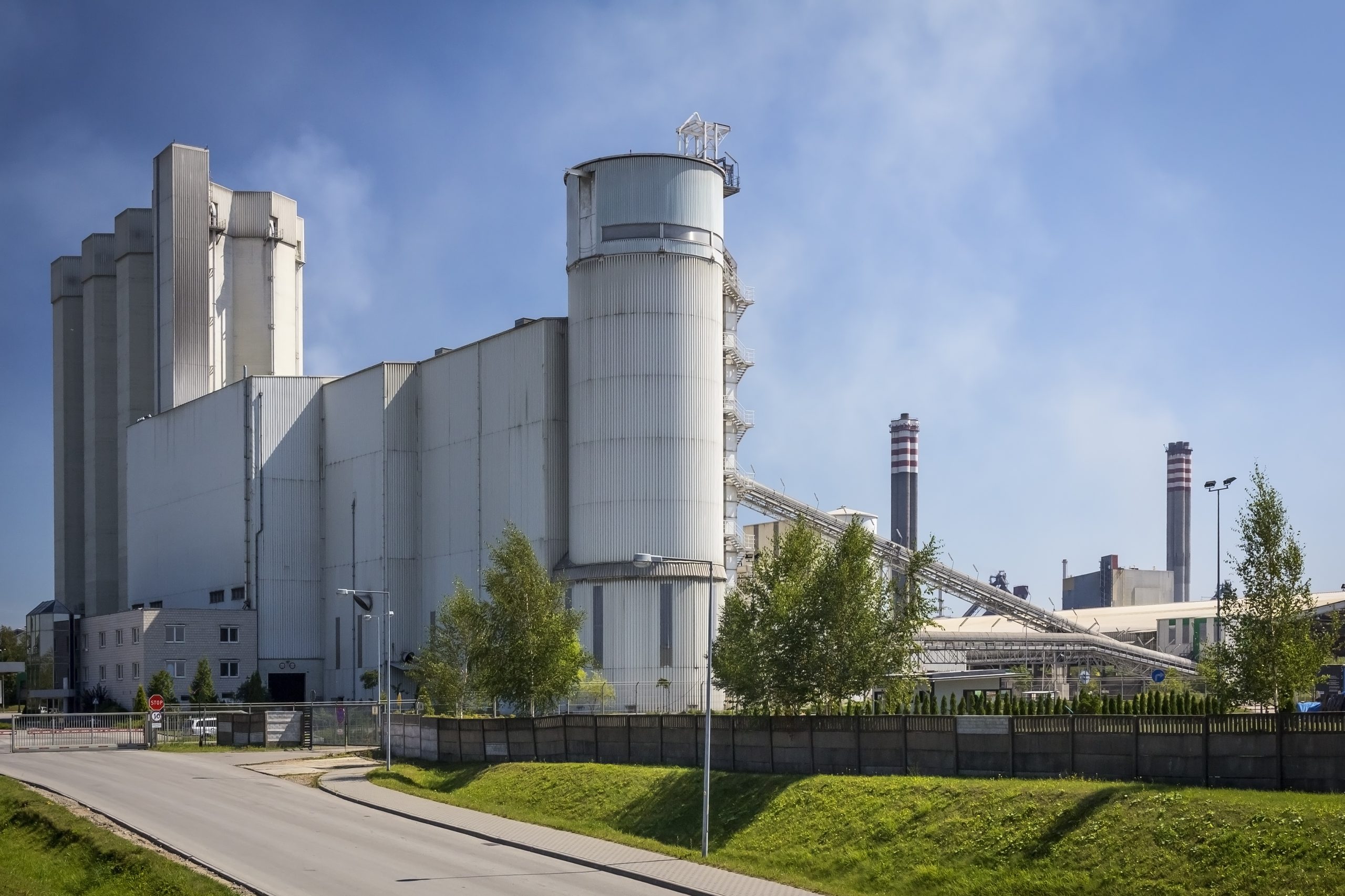By Jere (Trey) Hess, P.E.
Of all the Latin phrases still commonly used today, perhaps the most pertinent when considering the purchase of a commercial property is caveat emptor—buyer beware. Big purchases have a way of compelling urgency in a buyer. The nearer we get to a total comprehension of value, the more fair the final price may be. Best of all, the more we know before signing on the dotted line, the more confidence we have that we’re not buying a lemon.
Commercial due diligence is much like the process you would go through in buying a used vehicle; only in this case, you are buying commercial real estate. A shiny new paint job may add some value and appeal, but having someone pop the hood, run some diagnostics, and review the repair and crash history is what matters most. This process in the regulatory world is referred to as “All Appropriate Inquiry” (AAI) and involves evaluating a property’s environmental conditions and assessing potential liability associated with them.
Commercial real estate lenders go through a similar process and have their own set of standards for evaluating if the money they loan for a commercial or industrial purchase is a wise investment or not. So, how can you conduct all appropriate inquiries and who can you add to your team who will recognize environmental conditions on the property that may have costly regulatory consequences?
PPM Consultants, Inc. is to purchasing commercial or industrial property as a certified mechanic or qualified home inspector is to their respective fields. As an ENR top 200 environmental firm, PPM has the qualified environmental professionals you need to evaluate the regulatory and business risk for your prospective purchase long before signing on that final, dotted line.
Why You Need Commercial Due Diligence
More than 40 years ago, Congress passed what’s commonly called the Superfund Law — a response to environmental catastrophes like Love Canal and the Valley of Drums sites. Since 1980, the Comprehensive Environmental Response, Compensation, and Liability Act (or CERCLA), as the law is officially titled, has been a compelling force in environmental regulation.
With the passage of CERCLA came tremendous financial consequences to polluters and new property owners. Fair or not, persons may be held strictly liable for cleaning up hazardous substances at properties that they either currently own or operate, or owned/operated in the past. Strict liability under CERCLA means that liability for environmental contamination may be assigned based solely on property ownership.
Under strict interpretation of CERCLA liability, you (as the new owner) would have been held responsible for environmental contamination that you had nothing to do with—a tough pill to swallow if you’ve just dropped a chunk of change on a commercial property like an old dry cleaner or even on a vacant, benign looking piece of land that once treated lumber with creosote. In 2002, the Brownfield Amendments changed all that.
Brownfield Amendments
The Brownfield Amendments to CERCLA revised the issue of Superfund Liability in certain circumstances and created a path through the strict liability for non-polluters, innocent landowners, and brownfield developers. The Brownfields Amendments to CERCLA provide liability protections for certain landowners and potential property owners who did not cause or contribute to contamination.
To address Superfund liability, prospective purchasers can demonstrate compliance with specific provisions outlined in the statute, including conducting all appropriate inquiries into present and past uses of the site. Now, through AAI, a prospective purchaser can take reasonable steps to reduce his liability, satisfy the bank when a loan is involved, and make an informed business decision prior to purchase.
All Appropriate Inquiries (aka Due Diligence)
A key aspect of AAI is to have a Phase I Environmental Site Assessment (ESA) of the property. A Phase I ESA involves, among other things, interviews of current and past owners, review of government records, a visual inspection, assessment of presence of contamination, identification of data gaps, and a professional’s opinion. For you to be eligible for the liability protections listed in the Brownfield Amendments, AAI due diligence must be conducted by a Qualified Environmental Professional (QEP).
Qualified Environmental Professionals
Sometimes, no matter how hard we try, we may still make a bone-headed purchase or unwise investment, and some of the factors involved in that decision may have been out of our control. When it comes to commercial due diligence, what we can control is what information is evaluated in making that decision and who is a part of your team in making that evaluation.
As with homes, cars, and a host of other big purchases, commercial properties shouldn’t be left up to chance. PPM’s staff of highly-trained QEPs can help you before, during, and after the purchase of a commercial property. To get in business and stay that way without shelling out a small fortune for environmental conditions that you had nothing to do with, contact PPM today.
PPM Consultants knows the ins and outs of commercial due diligence.
The phrase “buyer beware” is an absolute truth when considering the purchase of property. To remember and honor the phrase “caveat emptor” is to rely on your own fact-finding and deal-making capabilities alongside a trusted professional who can help you the rest of the way. Call PPM Consultants at 1-800-945-4834 or contact us online to learn more about what a Phase I ESA can do for your site.


